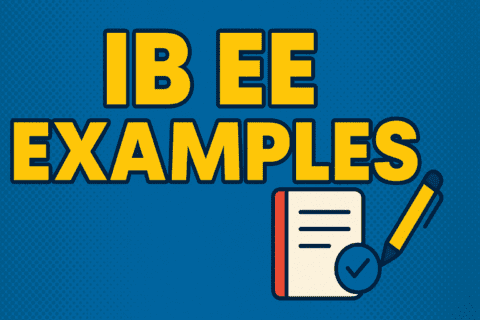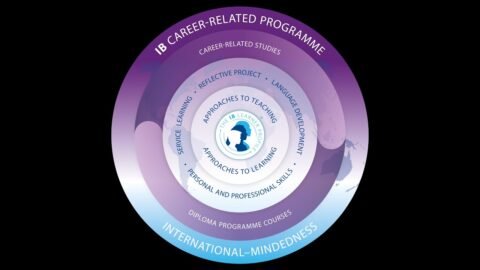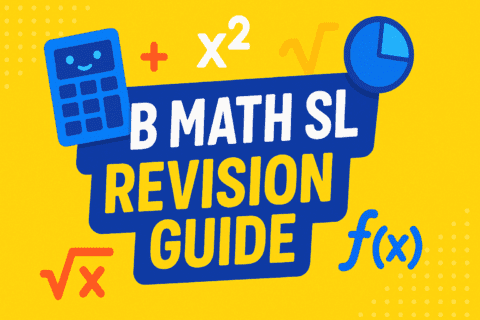Introduction
The International Baccalaureate (IB) Diploma Programme (IBDP) is one of the most respected pre-university qualifications worldwide. With its rigorous academics and emphasis on global-mindedness, it attracts students from more than 150 countries.
A common question for new students and their families is: How many subjects do you take in the IB Diploma Programme, and what are all those core components like TOK, CAS, and the Extended Essay?
This blog breaks it all down in a clear, easy-to-understand way.
How Many Subjects Are Required in the IB Diploma?
Students pursuing the IB Diploma must take six subjects from six subject groups. One subject is selected from each group (with some flexibility in Group 6).
Additionally:
Students must take at least 3 (and no more than 4) subjects at Higher Level (HL)
The remaining are taken at Standard Level (SL)
The 6 IB Subject Groups
Here are the six IB subject groups that students choose from:
Studies in Language and Literature
e.g., English A, Literature, Language & Literature
Language Acquisition
e.g., French B, Spanish ab initio, Mandarin B
Individuals and Societies
e.g., History, Geography, Economics, Psychology
Sciences
e.g., Biology, Chemistry, Physics, Environmental Systems
Mathematics
e.g., Mathematics: Analysis and Approaches (AA) or Applications and Interpretation (AI)
The Arts
e.g., Visual Arts, Theatre, Music
Or: students can choose another subject from groups 1–5 instead of an arts subject
What Are the IB Core Components?
The IB core sets the IBDP apart. Every Diploma student must complete three core requirements:
Theory of Knowledge (TOK)
A course in critical thinking
Explores “How do we know what we know?”
Assessed through an essay and an oral presentation
Extended Essay (EE)
A 4,000-word independent research paper
Topic is chosen by the student (within a subject area)
Develops academic writing and research skills
Creativity, Activity, Service (CAS)
Involves extracurricular activities in:
Creativity: arts, music, writing
Activity: physical action, sports, outdoor expeditions
Service: volunteering, community work
Helps students become well-rounded individuals
Summary Table of IB Diploma Structure
| Component | Description |
|---|---|
| Subjects | 6 total from 6 groups (3–4 HL, 2–3 SL) |
| Theory of Knowledge | Essay + presentation on critical thinking |
| Extended Essay (EE) | 4,000-word independent research paper |
| CAS | Projects in creativity, activity, and service |
Frequently Asked Questions (FAQs)
Can you take more than six IB subjects?
Yes, but it’s rare and only advised for highly motivated students. Most take six to maintain balance.
What’s the difference between HL and SL in IB?
HL (Higher Level) subjects involve more content and instructional hours than SL (Standard Level). Both are graded on the same 1–7 scale.
Do all students have to do CAS, TOK, and EE?
Yes. These core components are mandatory to earn the full IB Diploma.
Is IB harder than A-Levels or AP?
IB is broader and includes required components beyond academic subjects, making it more demanding in terms of time management and organization. A-Levels and AP are more specialized.
The IB Diploma Programme offers a challenging, well-rounded education that prepares students for university and beyond. With six subjects and three core components, it fosters academic rigor and personal development in equal measure.
Linked sources: ibo.org




